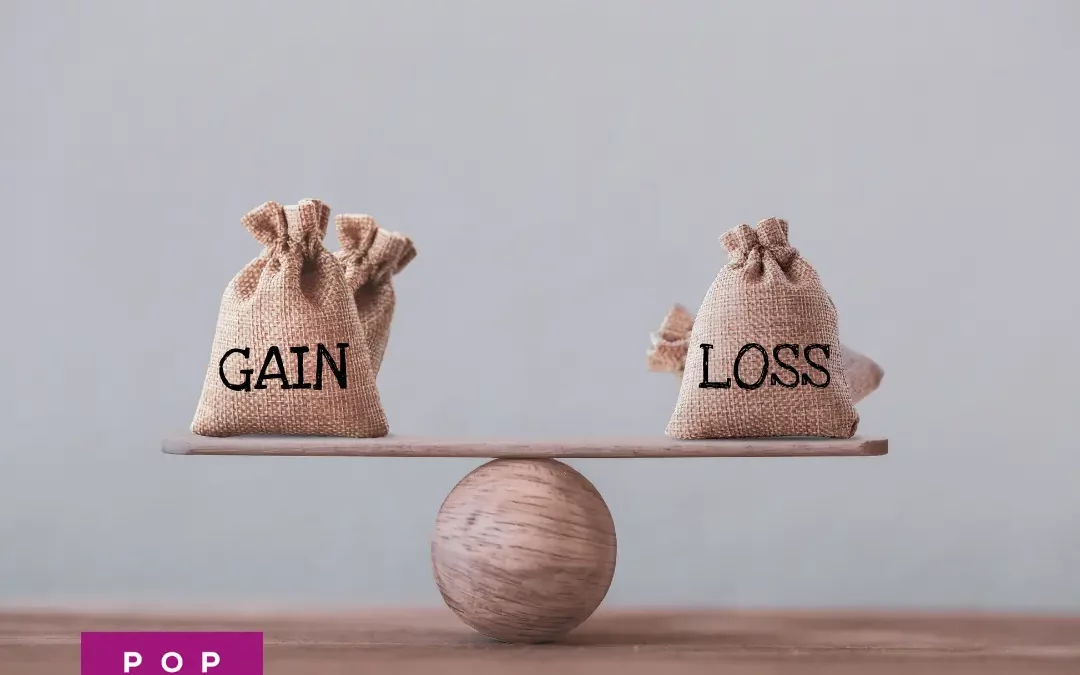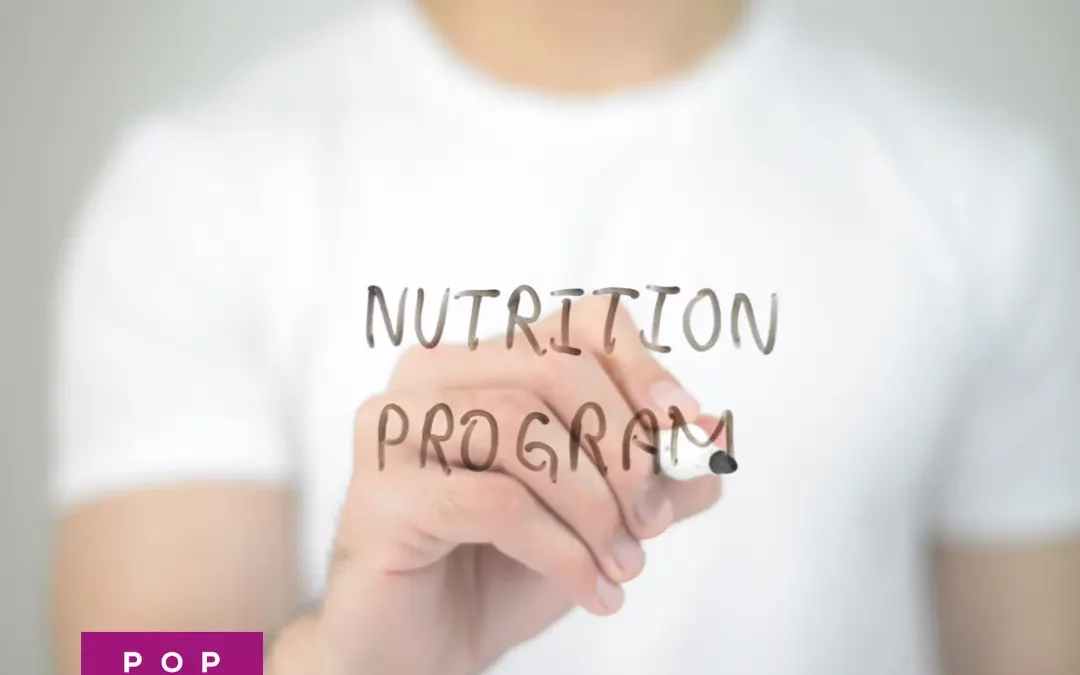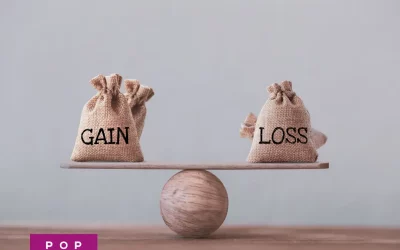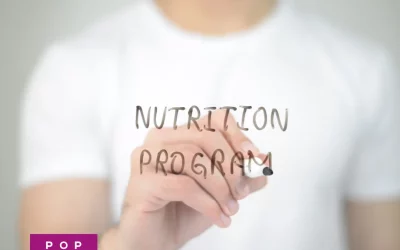Do these statements sound familiar?
“Cookies make me fat.”
“I’m not good at tracking macros.”
“I’ll never reach my goal weight.”
These are all statements I’ve said, and believed, in the past.
I could break each one down and analyze the layers of fuckedupedness that’s baked into those statements but that would be quite the essay and I already get accused of being too long winded 😉
Instead, I’ll highlight the overarching issue …
They’ll all very fixed, polar, and dichotomous.
Which is easy to see now, but when I made those statements, I firmly believed they were true.
I would often binge on cookies so I drew the conclusion that cookies made me fat.
I struggled with tracking macros in the very beginning so I quickly gave up and decided that I just wasn’t good enough.
I frequently lost weight and gained it back so I assumed my goal weight would never be reached (it also didn’t help that I kept moving my goal weight to a more extreme number but that’s besides the point).
What is cognitive reframing?
It wasn’t until I learned about cognitive reframing that I was able to reassess my preexisting beliefs and update my personal operating system.
Cognitive reframing is one of the most powerful tools in psychology.
It’s a strategy where you identify and then change the way situations, experiences, events, ideas, and/or emotions are viewed.
Effectively, it’s challenging our own thoughts/beliefs/situations, and then changing them for the better.
For example, ‘cookies make me fat’ was a belief that I held.
Reframe: I have a hard time controlling myself around cookies. I tend to eat too many at once, so I likely need to keep them out of the house until I improve my relationship with food.
Cognitive reframing is so powerful that it’s helped people overcome serious traumas and addictions in a very short time span.
Now, it’s not a magical solution and it doesn’t always work at the drop of a hat, but it’s absolutely worth practicing.
This should and can be applied to every area of your life. Mainly because our thoughts are not facts. And if we don’t challenge those thoughts, then we may believe stories/narratives that aren’t rooted in truth.
How to use cognitive reframing to your advantage
I’m going to outline my top 5 cognitive reframes that are specific to your nutrition and fitness journey.
1. Frame – I have to eat as little as I can tolerate and move more in order to lose weight.
Reframe – I want to see how much I can eat without gaining weight. It’s probably a lot more than I think.
Why it works – Most people are so focused on the restrictive parts of dieting and never pursue the part where they can thrive. Your metabolism is not going to function properly if you’re always depriving it. By reframing your approach, you’ll give your metabolism what it needs to function in a way that supports your body composition goals.
2. Frame – I need to do everything I can to lose body fat.
Reframe – I need to do everything I can to build muscle.
Why it works – Pretty similar to number 1, this works because it supports the idea that you can be more, instead of less. The simple act of TRYING to build muscle will support metabolic health and longevity. Plus, you’ll end up looking better and being able to burn more calories at rest.
3. Frame – I have to eat well and exercise consistently.
Reframe – I get to eat well and exercise consistently.
Why it works – You are not a prisoner to your own decisions. You have choices. When it comes from a place of gratitude, you are more likely to follow through.
4. Frame – I can’t eat (cookies, carbs, ice cream, pizza, insert whatever food you think you can’t eat).
Reframe – I don’t feel my best when I eat ____ food, so I have to be selective about when and how much I consume.
Why it works – Telling yourself you can’t do something is a recipe for disaster. There are no black and white rules. When you connect the decision to how it makes you feel, and leave some room for the gray area, you’ll be much more aligned with the decision.
5. Frame – I’m so frustrated at all the time and money I’ve spent on other programs that didn’t work. I feel like I’m never going to reach my goals
Reframe – I’m really proud of myself for continuing to learn and seek answers. Even though I’ve invested a lot of time, money, and energy into programs that weren’t the right fit for me, I gained valuable lessons and experiences from each of them. Sometimes this road feels difficult to navigate but I’m thankful that I continue to persevere and show up for myself. I’m not here to cross any finish line, I just want to enjoy the journey while exploring what I’m truly capable of.
Why it works – There’s always a lesson to be learned. Even if that lesson is what NOT to do. The only way you lose is if you quit. Recognizing that there’s no finish line and you don’t have to rush the process is a great way to ensure sustainable change. Be proud of yourself for learning some difficult lessons and still showing up for yourself and trying to figure this out.
Well there you have it. I could probably rattle off a bunch more but this is long enough already.
Does this resonate with you? Is it helpful?







